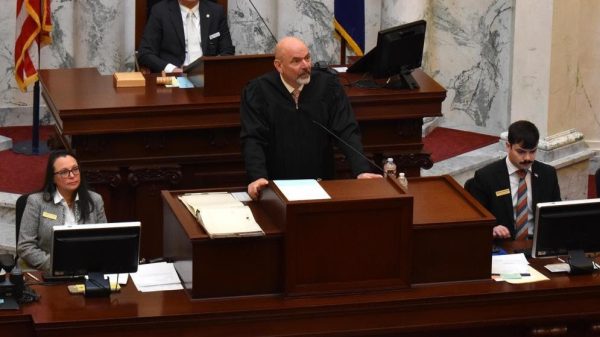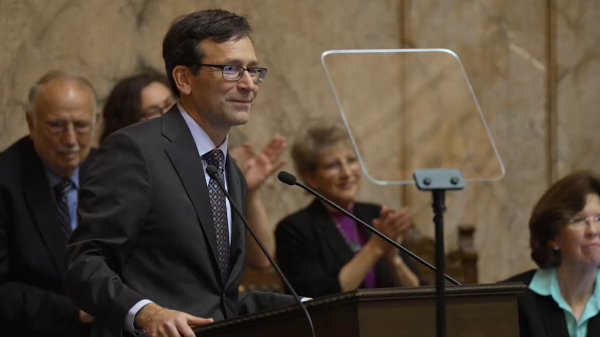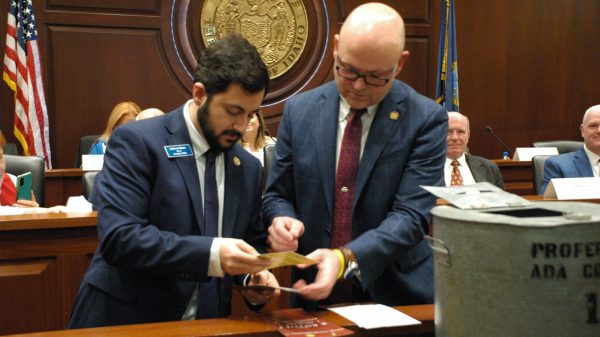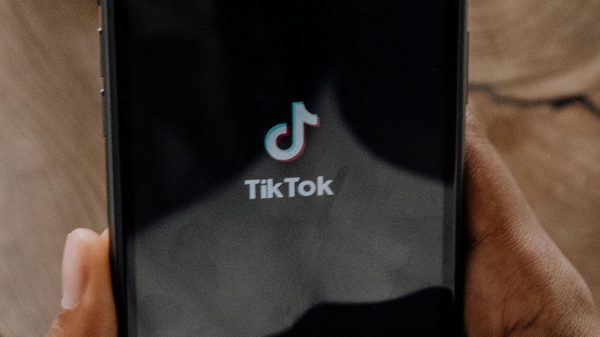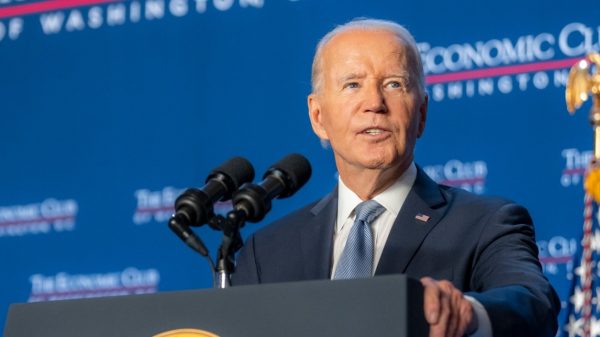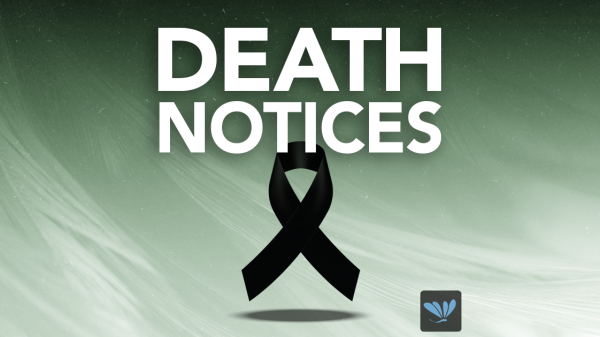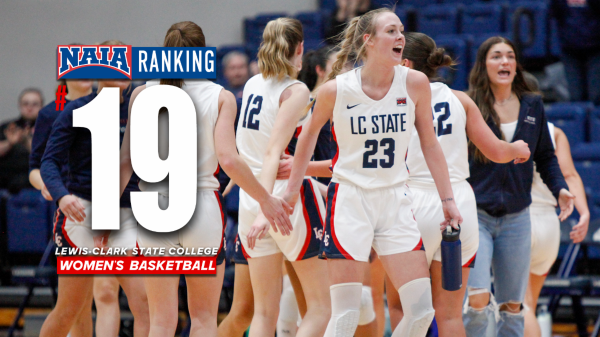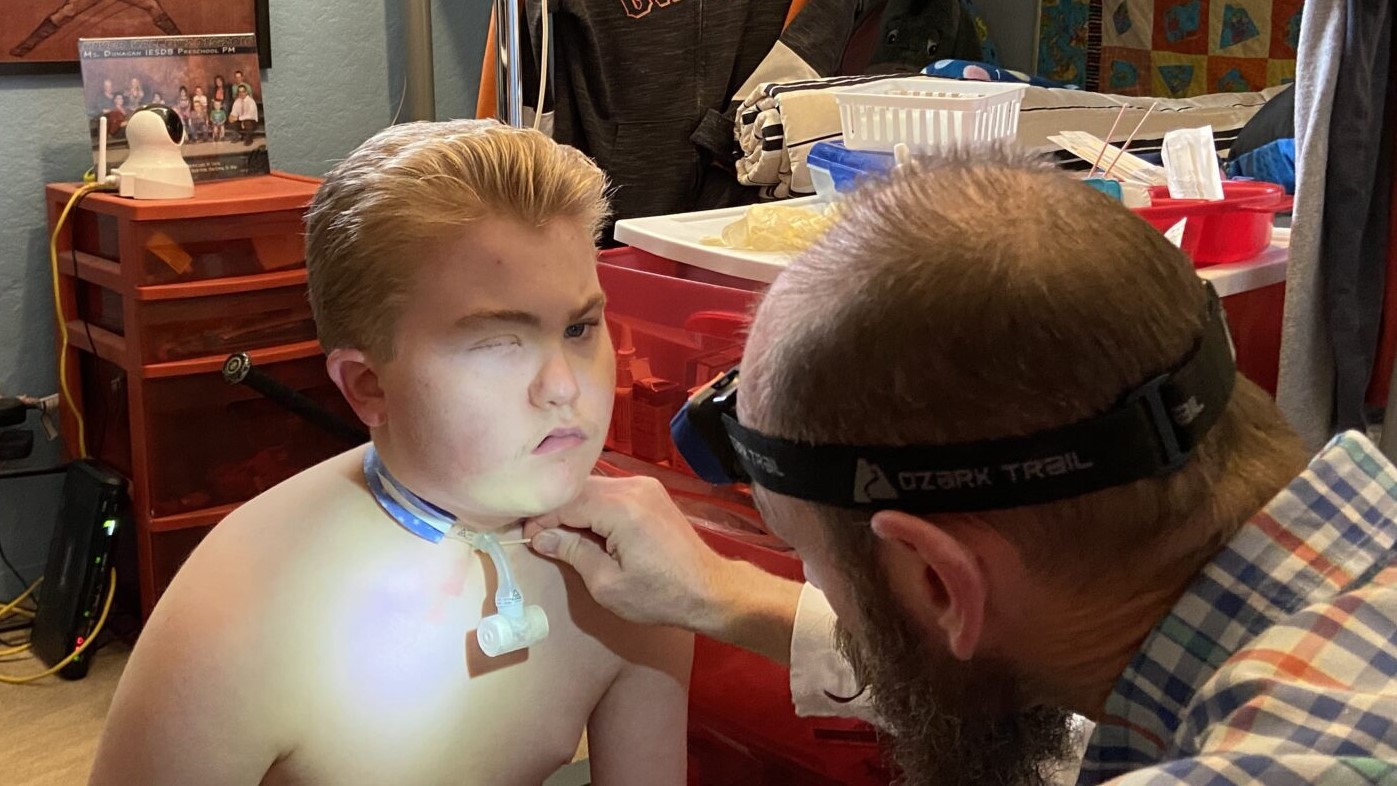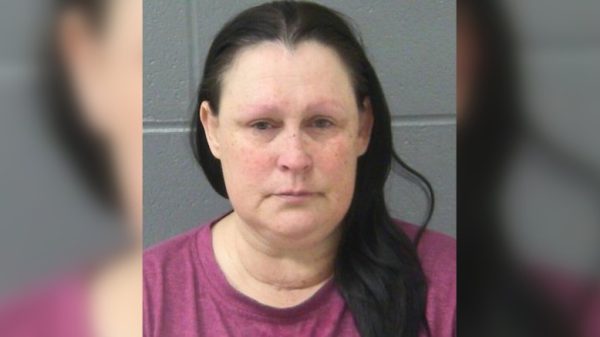(Boise, ID) For her 14-year-old son’s whole life, Jessica Jackman’s main job has been caring for him.
That has meant constantly being by him to avoid falls, giving him seizure medication three-times daily to manage epilepsy, and carefully monitoring his food to avoid life-threatening risks of aspiration pneumonia.
For a few years, she’s been her son’s official paid caregiver through a new program that lets Idaho pay parents and spouses, instead of professional caregivers.
That program could end this month, as Idaho health officials say fraud and abuse have contributed to higher-than-expected program costs.
But Jackman and some disability advocates worry Idaho’s scarce direct care workforce — in relatively low-paid, demanding jobs that often require helping with day-to-day tasks like bathing — can’t meet kids’ needs.
“You’re opening up a lot of children and spouses to a higher incidence of hospitalization because people don’t understand the unique care that needs to happen for each person,” Jackman told the Idaho Capital Sun in an interview. “It can be a matter of life and death — and that’s not an exaggeration in our situation.”
The program, called Family and Personal Care Services, was federally approved during the COVID-19 pandemic to prevent COVID spread and address a direct care workforce shortage.
Even if the family caregiver program stopped, personal care services typically provided by direct care workers would remain, officials say.
If the federal Centers for Medicare and Medicaid Services approves, Idaho’s program could end Jan. 31.
If the federal Centers for Medicare and Medicaid Services approves, Idaho’s program could end Jan. 31. But the Idaho Department of Health and Welfare, in a letter sent Friday to providers, said Idaho didn’t yet have federal approval to end the program then and anticipated it didn’t have enough time to prepare for automatically changing authorizations on Feb. 1.
Spouses or parents can remain as direct care workers, the agency wrote in the letter, which the Sun obtained. But the letter asked stakeholders to encourage program participants with parent or spouse caregivers to “begin looking for alternative caregivers” and said the agency would notify providers when arrangements must be made.
Moves by the Idaho Legislature to reinstate the program aren’t expected until 2026 as officials work on safeguards, said Idaho Senate Health and Welfare Committee Chairwoman Juile VanOrden, R-Pingree.
“I don’t think we have any other programs in the state that supplement a salary … like this one does,” VanOrden told the Sun. “So it’s a unique program, and I think it has to have unique parameters around it.”
Idaho gives parents resources on how to continue care
When Idaho officials announced the move in November, they acknowledged many families correctly use the program and need it since they can’t find direct care workers. Officials pledged to help with resources and options.
The Idaho Department of Health and Welfare outlined available provider agencies in all counties through a directory, and worked with families on training other family members or family friends — but not a “legally responsible individual” like an aunt or grandparent — to become employed as direct care staff for family members, agency spokesperson Greg Stahl told the Sun in an email.
“Parents who want to continue to provide (personal care services) are encouraged to consider staying on as a direct care staff for another family in their community,” he said. “We also encourage families to look at receiving … services from multiple agencies if one agency alone is unable to meet all scheduled hours.”
Health and Welfare “is always available to work with families to problem solve if they are still having difficulty getting all … hours covered for their loved one and navigating any of these options,” he added.
Health agency continues pattern of putting disabled Idahoans at risk, disability group says
Disability Rights Idaho wrote in a public comment that Idaho’s waiver amendment to end the program “fails to provide sufficient assurances on how Idaho Medicaid will meet its obligation under Federal Medicaid law to assist families impacted by this program change and ensure a continuum of care.”
Referencing past watchdog reports that found shortcomings in Idaho health programs, Disability Rights Idaho officials wrote they are concerned the state health agency “continues to demonstrate a pattern or practice of inappropriate program management, oversight, and training which places Idahoans with disabilities, especially children, at risk for inadequate care and treatment, resulting in abuse, neglect, and exploitation.”
Even with the recently reported 10% growth in Idaho’s direct care workforce, the disability advocates wrote it’s unclear if there will be enough providers to serve children.
After submitting that public comment on Dec. 4, Disability Rights Idaho Executive Director Amy Cunningham told the Sun the organization heard from a parent who couldn’t find a direct care worker for their child after contacting 50 agencies.
The organization, Cunningham said, “is at a loss for understanding how Idaho Medicaid meets its obligations to Medicaid eligible children.”
In a 2022 report, the National Council on Disability recommended federal flexibilities that let Medicaid programs pay family members as caregivers remain permanently.
The American Academy of Pediatrics endorsed family caregiver programs for children with special health needs. A 2023 study found Colorado’s paid family caregiver program for children showed promise for other states to draw on, but needed more study and improvements.
How one parent became an advocate for family disability caregiver program
After he had brain cancer at 14 months old, Nathan Hill’s oldest son is physically and developmentally disabled.
The 15 year-old breathes through a tracheostomy tube, eats through a gastronomy tube and sleeps with a ventilator, Hill told the Sun in an interview.
For years, Hill said he’s been dealing with constant nurse shortages. And he’s been telling Idaho Medicaid it needs to pay parents to care for their kids with disabilities.
When new caregivers start, parents often spend a couple weeks training them, he said. That’s about how long some caregivers stay, he said.
“It’s not that we don’t want to do it. We love our children and our spouses,” Hill said. “It’s just that there’s nobody else to do it.”
“We are in this downward spiral of poverty. Because you’re always pulled away (from your career). And you’re filling in these shoes that the state would be paying somebody to fill, but there’s nobody to fill them,” he said.
In early 2023, Hill started advocating.
Advocates say officials didn’t notify work group of concerns before seeking program’s end
Before announcing the program’s potential end, Hill said state health officials told a work group for the program they wanted to make the family caregiver program permanent.
“At no point,” he said, “did they bring to the table their concerns.”
The work group needs to hear that, he said, to look at existing safeguards and plan out future measures to avoid fraud.
Asked why Health and Welfare didn’t notify the work group about fraud concerns before announcing the program’s planned end, Stahl said the agency hoped “this flexibility would work long-term and did not anticipate the unfortunate issues that have arisen over the last year.”
“Given active fraud and abuse investigations and time needed to confirm suspected trends, we were unable to share this information until we determined the full scope of the issues,” he said. “When we identified the significant number of issues and that some crossed over into health and safety concerns as well, we determined more extensive action was needed.”
Stahl also said because of a new law requiring legislative approval for Medicaid waivers, the agency believed adding more safeguards would’ve required legislative approval in 2025.
“The current structure to allow for parents and spouses as paid caregivers does not provide the appropriate level of oversight given the significant growth in the number of families” that applied, Stahl said. “This poses significant health and safety risks to participants being served in addition to fraud and abuse of the program; we are required to take swift action to address these issues.”
While alleged fraud is under investigation, officials release little information
In response to one public records request seeking program data by a community member, the agency replied the request would cost $12,150 to fulfill. In response to a separate request for information about fraud and abuse claims, the agency said it didn’t have such records — but offered a three-page explanation of fraud allegations that the agency said wasn’t legally required.
The agency shared that letter with the Sun.
Twenty-two personal care agencies were being audited by a health agency unit, the letter read, for “ineligible payments to legally responsible individuals,” which refers to family members eligible to be paid caregivers under the program.
But Hill said those provider agencies were actually being audited for a billing issue that he says stems from Health and Welfare not adequately notifying agencies that family caregivers couldn’t be paid for providing homemaker services, such as preparing meals or doing laundry, to adults with disabilities, but that outside direct caregivers could.
The agency wrote it couldn’t speak to the status of cases being handled by the Attorney General’s Office, but said “so far, no criminal charges have been filed.”
The records request response letter provided by the agency was partly redacted. But it appears to be dated as early as Nov. 14, according to a copy of a similar, unredacted letter the Sun obtained.
Health and Welfare wouldn’t tell the Sun how many cases of program fraud and abuse it notified law enforcement of, saying it couldn’t comment on pending investigations. But asked if charges were filed or if the agency alleges illegal use, Stahl said “fraud and abuse of this benefit has been confirmed.”
Some families didn’t want outside caregivers
Jackman’s son is non-verbal, she said, but uses a device to help communicate and gives cues through his body language.
“I know exactly what he needs,” Jackman said.
She cared for him without pay until a few years ago, when she signed up as a paid family caregiver, after learning about the program from parents who went to the same clinic as her son.
But even if she’d known her son would qualify for an outside caregiver, Jackman doesn’t think she would’ve used one. Partly because bringing another person in the house risks her son developing an infection or needing hospitalization, since he’s immunocompromised.
Her son, she said, sometimes has seizures severe enough that an ambulance must visit.
Working with a direct care agency as a paid caregiver has helped to have people to consult on her son’s needs, she said.
But she’s heard it’d be difficult to find an outside caregiver to provide the level of care her son needs.
“You can’t learn these skills in school. It’s … hands-on learning,” Jackman said. “In fact, I have RNs that refer to me: ‘How do you care for this?’”
To Hill, a lot of what health officials outlined as fraud concerns weren’t “so much fraud, as it is a lack of educating.”
The program’s recent rapid enrollment growth doesn’t appear unusual, he said.
In 2015, fewer than 500 families were enrolled in Idaho’s professional caregiver program, according to Health and Welfare.
Hill thinks enrollment was low then because many families just gave up on the program — out of frustration with caregiver staffing shortages.
That’s what he did.
“We didn’t want anything to do with it,” Hill said, “because I don’t want somebody being paid 13-bucks an hour, coming in off the street, who doesn’t really care, and who I spend two weeks training, and who stays for two weeks, and then I’m down again for however long. And then I go through the next one and the next one. All the while, my son’s dignity is stripped.”
Over 1,100 enrollees, as of November, is less than what he’d expect across Idaho’s professional and family caregiver programs, since research finds at least .67% of kids are medically complex but population estimates show over 460,000 Idahoans are minors.
For the past five years that Hill has been a paid caregiver, he said his son has had no hospitalizations.
As program’s potential end nears, families prepare for ‘impossible juggle’
VanOrden, who chairs the Senate Health and Welfare Committee, said she doesn’t expect the Legislature to reinstate the program this year.
“I feel like I need time to get some data in place and actually to make a case to my colleagues here for bringing the program back and making sure that we have safeguards in place that they’re comfortable with. That will be a checks and balances for this program, because I think there wasn’t anything in there,” the senator told the Sun in an interview last week.
She also said she’d heard of state efforts to boost training for direct care workers, and she’s involved in conversations to ensure state-appropriated raises go to them.
If the program ends, Jackman said her mom can handle some of her son’s care hours as a direct care worker. Her older son may be able to help, too.
But since her mom physically can’t provide all the care her son needs, Jackman said she’d still be around.
“None of this will allow me to work outside of the home, or replace the needed hours,” she said.
If the program ends, Hill said he will keep working toward a permanent program.
But for his family, he said, “we will have to figure out how to do that impossible juggle.”
This story first appeared on Idaho Capital Sun.











